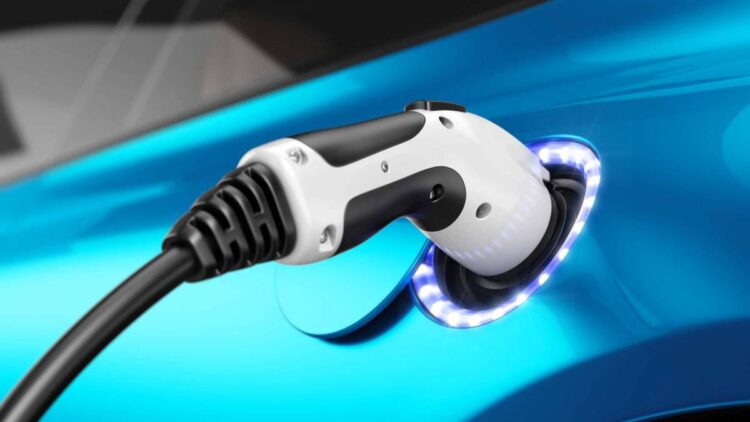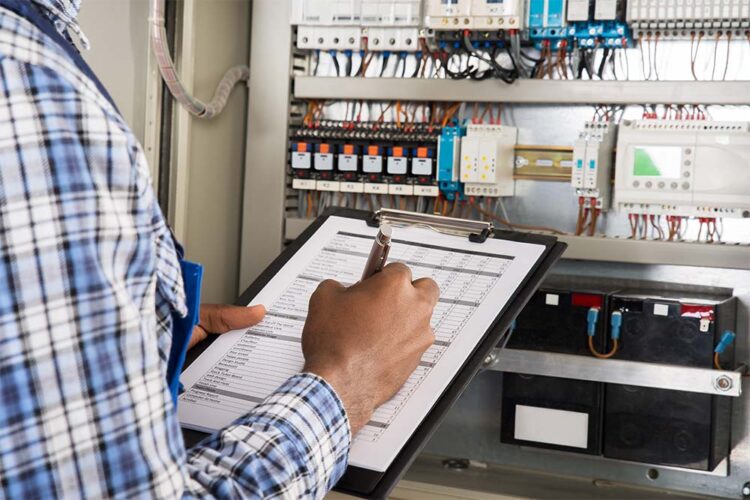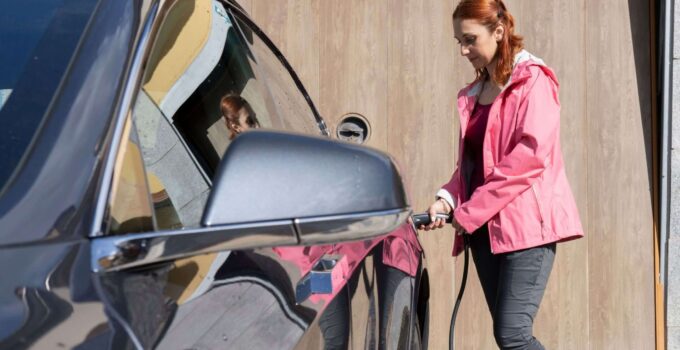Electric vehicles have become increasingly popular due to their environmental benefits, convenience, and cost-saving advantages. However, purchasing an EV is only one aspect of the decision-making process, as having an appropriate charging setup is also essential if you want to reap the full benefits of owning one. Having a reliable and safe home charger will help to ensure your vehicle is always ready and available to you when you need it.
Page Contents
1. Determine the Type Of EV Charger Needed
An EV charger (or electric vehicle charger) is a device used to charge electric vehicles from a regular wall outlet, an extension cord, or a dedicated interface permanently installed. When considering whether to install an EV charger at home, it’s important to determine what type of charger is best for your circumstances.
EV chargers come in three categories: Level 1, Level 2, and DC Fast Chargers. Level 1 and Level 2 chargers are suitable for home use and plug into ordinary household outlets or dedicated 240V circuits. DC Fast Chargers require more power and can provide full charge within minutes rather than hours.
2. Research Local EV Charger Installation Providers

Source: myev.com
If you’re considering installing an electric vehicle charging station at your home, it’s important to do a bit of research first to ensure you get the most value out of your purchase.
It’s important to research local EV charger installation providers in your area. Ask around for recommendations and look for customer reviews. You should also verify that any prospective installers are qualified, licensed, and insured by checking with consumer organizations such as Better Business Bureau or Angie’s List. Be sure to inquire about the quality of products used for an installation and the warranty offered on them.
When selecting a provider, consider any available incentives or rebates that can be applied to the purchase. These can help offset costs so be sure to thoroughly explore all options before making a final decision. It is also a good idea to make sure the installer offers ongoing maintenance services such as annual inspections and repairs in case anything goes wrong down the line.
Finally, ask any potential installers if they offer flexible payment terms. This can give you some more breathing room when making an investment in such a large piece of equipment, so it pays to shop around for providers that are willing to work with you on this aspect.
3. Consider Local Regulations and Permits
Before attempting to install an electric vehicle charger at home, it is important to be aware of the local regulations and permits that could apply. These may vary depending on your location as well as the type of charger you wish to install. Check with local government offices for more information, including any zoning or building restrictions that may exist in your area. Additionally, in some areas, you may need to get a permit before installing the EV charger. Often this is done by simply submitting documentation, such as a form, to the local permitting office.
4. Calculate the Cost of Electricity

Source: idbinvest.org
When considering the total cost of installing an EV charger in your home, one important factor to take into account is the cost of electricity. For most EV owners, an electricity bill is directly linked to charging their vehicle.
The cost of electricity can vary drastically based on location and other factors. So, it is important for EV owners to research what type of energy plan offers the most economical pricing for their needs. Knowing how much energy will be consumed upfront can help determine exactly how much the bill might increase from including an EV charger in the mix.
5. Determine the Best Location for The Charger
It should be in close proximity to both your EV parking place and the incoming power supply. The ideal location should also be protected from environmental elements, allowing for ultimate efficiency and safety.
To determine the best location for an EV charging station, consider these factors:
-Accessibility: While it’s important to keep your charging station out of harm’s way, you also want it to be easily accessible and visible. This is especially important if you plan to use a public charger or rent out your unit.
-Protection: Choose a spot that’s protected from adverse weather conditions like heavy rains or strong winds—this not only makes it easier to plug in when you get home but also allows the unit to operate without hindrance.
-Ventilation: Given that some charging stations create small amounts of heat while they’re operating, make sure there is enough ventilation so that heat can escape easily.
-Outlet Access: Properly position your charger near an electrical outlet with at least 50 amps of dedicated service. This will allow for easy access when installing or performing maintenance on the unit.
6. Have the Installation Inspected by A Professional

Source: semaconnect.com
Before considering the installation of any electric vehicle (EV) charger in your home, it’s important to have the installation inspected by a professional. This will make sure that the wiring is up to code, that all electrical connections are safe, and that the charger will operate properly. A certified electrician should be able to identify any potential problems with the outlet or circuit before you install an EV charger.
7. Consider a Maintenance Plan
A maintenance plan can provide your home or business with peace of mind and cost savings in the long run. It is an important part of keeping your property comfortable, safe, and well-maintained for years to come. Regular maintenance and inspections help prevent costly repairs down the road, giving you more control over the reliability of your home or building systems.
Conclusion
Whether you’re an early adopter of electric vehicle technology or just starting to consider transitioning to an electric car, it’s important to ensure your home is prepared for the installation of an EV charger.
The top factors to consider before installing an EV charger at home include budget, location, access/security/safety, performance requirements, approved installation technicians, and warranty. By doing your research ahead of time and understanding how each factor applies to your specific needs, you can find the right type of charger with the best features for your lifestyle and budget.
With careful planning and a little bit of guidance from experienced professionals or forums online, you can make sure that you take all the necessary steps in order to have a successful installation – allowing you to fully enjoy the benefits of owning an electric car.





